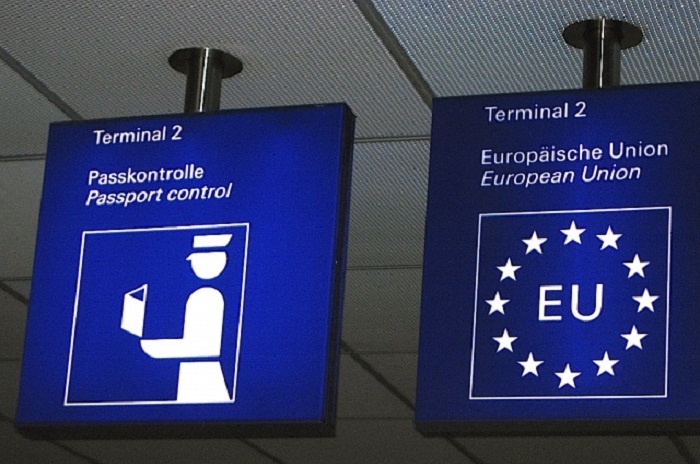The news comes ahead of parliamentary elections in Georgia on 8 October and could give a bump to pro-European parties in the poll.
The “suspension mechanism” is a European Commission proposal that will, in future, allow EU states to “snap back” visa restrictions more easily in case of mass-scale overstays or bogus asylum claims by any non-EU country.
Details of the mechanism are still subject to EU states’ negotiations with MEPs.
Those talks are expected to conclude by the end of the year, meaning that Georgian people should be able to visit the 25 Schengen states (22 EU states plus Iceland, Norway, and Switzerland) without permits before 2017.
Reacting to Wednesday’s decision, Georgian foreign minister Mikheil Janelidze said he was “delighted” by the “timely” announcement.
The foreign minister of Slovakia, which currently holds the EU presidency, Miroslav Lajcak said diplomats and MEPs would discuss the mechanism already on Thursday.
He said he could not predict the outcome and that it was difficult to give precise “timelines” for the process.
Berlin had previously blocked Georgia’s path over complaints about a crime wave by Georgian nationals in Germany.
Germany and France had also called for the snap-back arrangements to soothe popular concern over immigration in the context of the refugee crisis.
The Georgia deal is part of broader EU plans to open up to visitors also from Kosovo, Ukraine and Turkey.
Kosovo has to step up the fight against organised crime and settle a border dispute with Montenegro before the EU goes further.
Ukraine has met all the EU’s technical benchmarks, but member states want to see progress on anti-corruption reforms before going ahead.
“It is in the pipeline, but not there yet”, Slovakia’s Lajcak said on the Ukraine deal.
Turkey needs to meet seven out 72 benchmarks, including a revision of its anti-terrorism laws, which the EU says are so broad that they are open to being used to silence journalists or other government critics.
Ankara has said it is unwilling to make that change due to the security situation at home.
The Turkey visa deal is part of a wider accord under which Turkey stops irregular migrants from going to Greece, raising the stakes for a positive outcome.
Prior to Russia’s invasion of Ukraine in 2014, the EU had also been in advanced talks on visa-free travel for Russian nationals, but those negotiations were put on hold as part of Europe’s sanctions regime.
More about:
















































